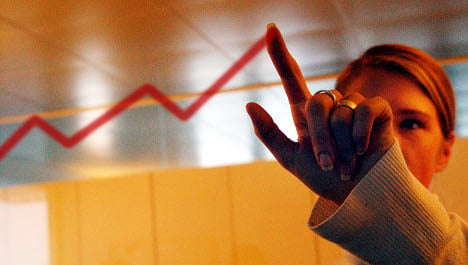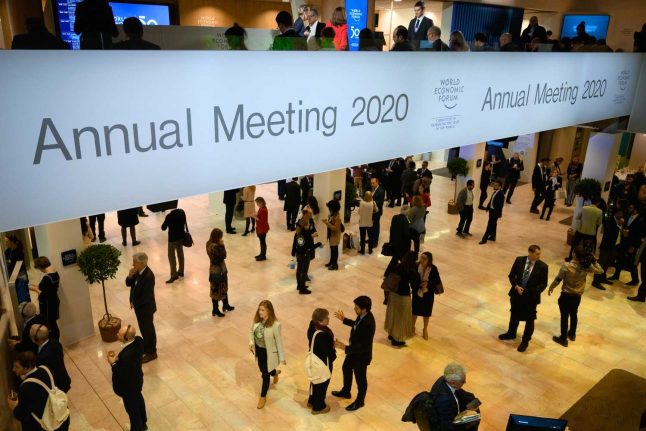Singapore maintained its second place, while Finland came in third, bumping Sweden to fourth place, followed by the Netherlands and Germany, according to the organisation which hosts the annual Davos pow-wow of business and political leaders.
"Switzerland earns the top spot in innovation, owing to the excellence of its education system, the high company spending on R&D (research and
development), and the strong collaboration between the academic world and the business sector," the WEF enthused in its Global Competitiveness Report 2012-2013.
Switzerland, which topped the ranking for the fourth year running, was also lauded in several other areas, including as the world-leader in labour market efficiency, and for having one of the most stable macroeconomic environments in the world.
But the picture was not quite so bright for a number of other European countries and the United States.
While European countries, especially in the north, continue to dominate the list of the world's 10 most competitive nations, those in the southern part of the continent dipped further down the list.
Crisis-hit Greece, for instance, slipped to 96th place out of the 144 countries ranked, from 90th last year, while Portugal dropped to 49th from
45th place and Spain held its ground at 36th.
France also fell off the top 20 list, dropping to 21st place from 18th last year and 15th in 2010.
While WEF economist Thierry Geiger told AFP this small but negative trend in was worrying because it reflected a significant drop in French government efficiency in the past couple of years, as well as in the macroeconomic environment and especially labour market efficiency.
The United States, which just five years ago topped the WEF ranking, also continued its decline, falling to seventh place from fifth last year.
WEF senior economist Margareta Drzeniek Hanouz stressed that the United States "still has one of the most sophisticated business environments in the world."
However, she told AFP, the country is facing large "macroeconomic vulnerabilities", including the rising deficit, and at the same time severe political deadlock and a dwindling trust in politicians.
"This results in an inability to address some of the major problems they're facing," she said, stressing that the politician fatigue was directed at both
of the country's main political parties.
The WEF report was based on publicly available data and a survey of 15,000 business leaders in 144 countries.



 Please whitelist us to continue reading.
Please whitelist us to continue reading.
Member comments